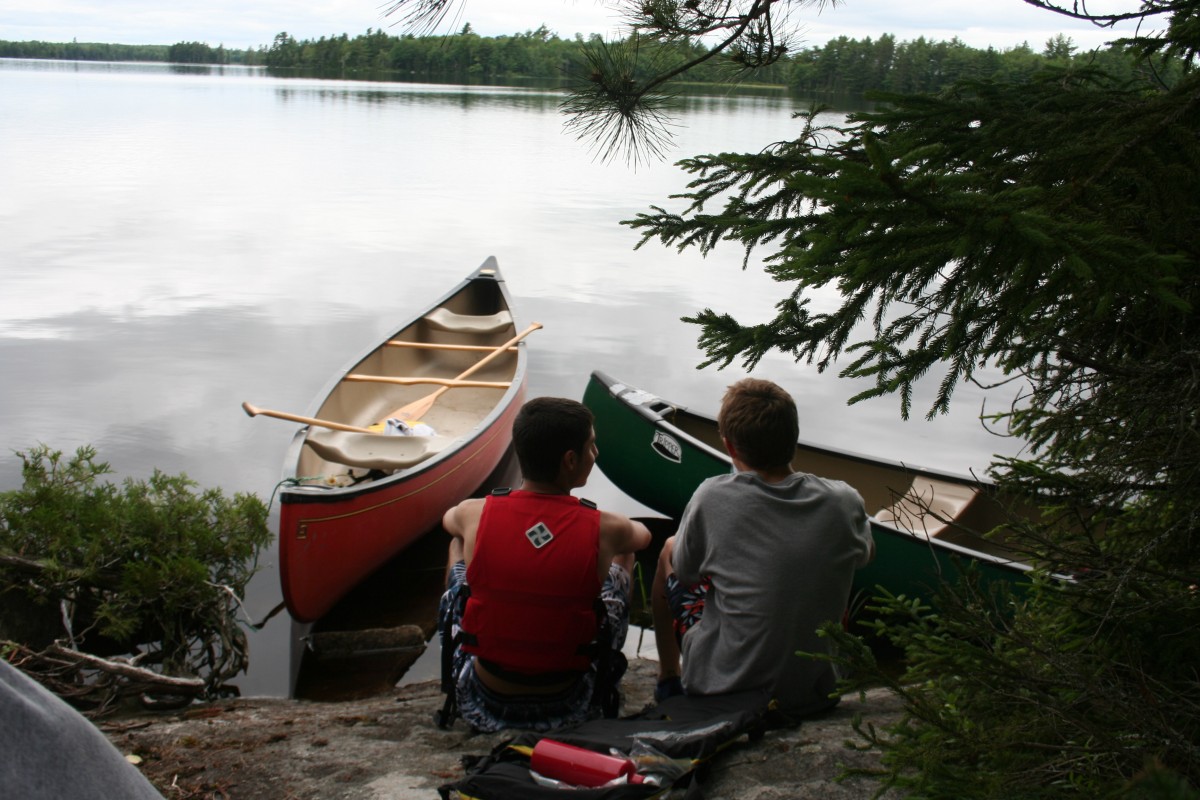By Chick BeVier (Exec. Director, Camp Eagle Wing)
As we [parents] lay out a plan for our children’s education, many of us look for opportunities (experiences) that will help shape their hearts as well as their minds. Why do we do this?
For many of us, a Truth, which was counter-intuitive when we were younger, has become obvious, as we have grown older. That Truth is this: In the end, it is our heart that determines to what use we put everything that comes into our lives.
 Our health, educations, intellectual gifts and all the material benefits that flow from their confluence become subordinated and directed by the “whims” of our hearts. It is for good reason that we are told to “…guard our hearts…” for our hearts become the “masters” of our lives.
Our health, educations, intellectual gifts and all the material benefits that flow from their confluence become subordinated and directed by the “whims” of our hearts. It is for good reason that we are told to “…guard our hearts…” for our hearts become the “masters” of our lives.
For this reason, it is the heart that has the greatest need for training, and camp, in particular resident camp, may offer today’s best source of this kind of education. Why is this so?
I remember my first summer at camp. When my parent’s car disappeared, I, for the first time in my life, felt the weight of responsibility that came with the freedom to find my own way. My parents and school had given me many freedoms. But, as long as my parents had been present, this weight and joy could not be transferred to me.
As parents, we hold such power that our mere presence, or even proximity, casts an umbrella over our children. It was the sight of their car disappearing down the camp road that freed me from the shelter of that umbrella and bound me to the responsibility that ensued.
Since I had only been signed up for half season, my parents arrived four weeks later, on parents weekend, to bring me home. Though I was happy to see them, and was looking forward to show them the new things I had learned, there was something else on my mind. I was hoping to convince them to let me stay for the rest of the season.
Though I did not yet understand what was happening, my parents did. The weight of the responsibility that I had felt upon watching them leave, had become like a bar bell is to muscle.
I had grown in ways that I could not yet perceive. So, when I asked to stay for the rest of the summer they immediately agreed. It was the very thing for which they had been hoping.
While sending me to camp had been wise and good, it had not been without cost. It was not until we sent our own sons to camp that I fully valued what my parents had done. The cost in money was plain enough, and the cost of things they had to do without, though less obvious, was none the less visible. What I could not have seen, as a ten year old, was a cost that is known only to a mother and a father. Their most costly, and selfless, sacrifice was to give away the very thing, which they so wanted to keep: a little boy. Why were they willing to do this difficult thing?
Though, as a little boy, I was a source of great joy, they wanted me to become something better. Because they knew what lay ahead, they wanted me to become a young man, not just any kind of young man, but one of a particular sort.
While in the comfort of my home, and under the constraints of school, I had been both spared and denied the responsibilities and joys that are both incumbent and intrinsic to camp life.
The daily acts of living; eating, playing and working with my cabin mates had given me the raw material with which to build upon the precepts that my parents had already given me, but in whose presence I was unable to fully exercise.
Cabin mates are not siblings, and counselors are not parents. The relationships that develop with cabin mates and counselors are of a kind that many of us will never experience again. To live in peace, friendship and in close quarters, for an extended period of time with non-related fellows requires the deliberate and regular application of a set of virtues. Selflessness, self-control and civility which may be optional at school are not so at camp.
Learning to put the other fellow first becomes a way of life, not a theoretical notion to which we merely assent. Moreover, when we learn to live in this way (as a result of our own volition, rather than upon the command of others) the lessons become indelible.
For more than a hundred years, here in America, resident camps have provided a safe and effective environment in which boys and girls can find the joys that come from bearing the weight that accompanies the transition to adulthood.
At Camp Eagle Wing, we expand those joys and weights to those that proceed from becoming Gentlemen, and Ladies who have acquired a disposition that has been shaped for not only success in material things, but for things of the heart as well.

